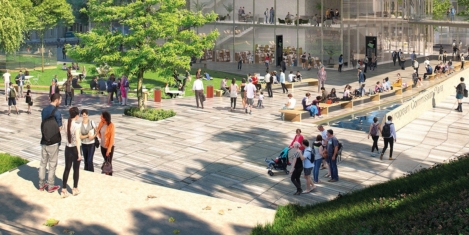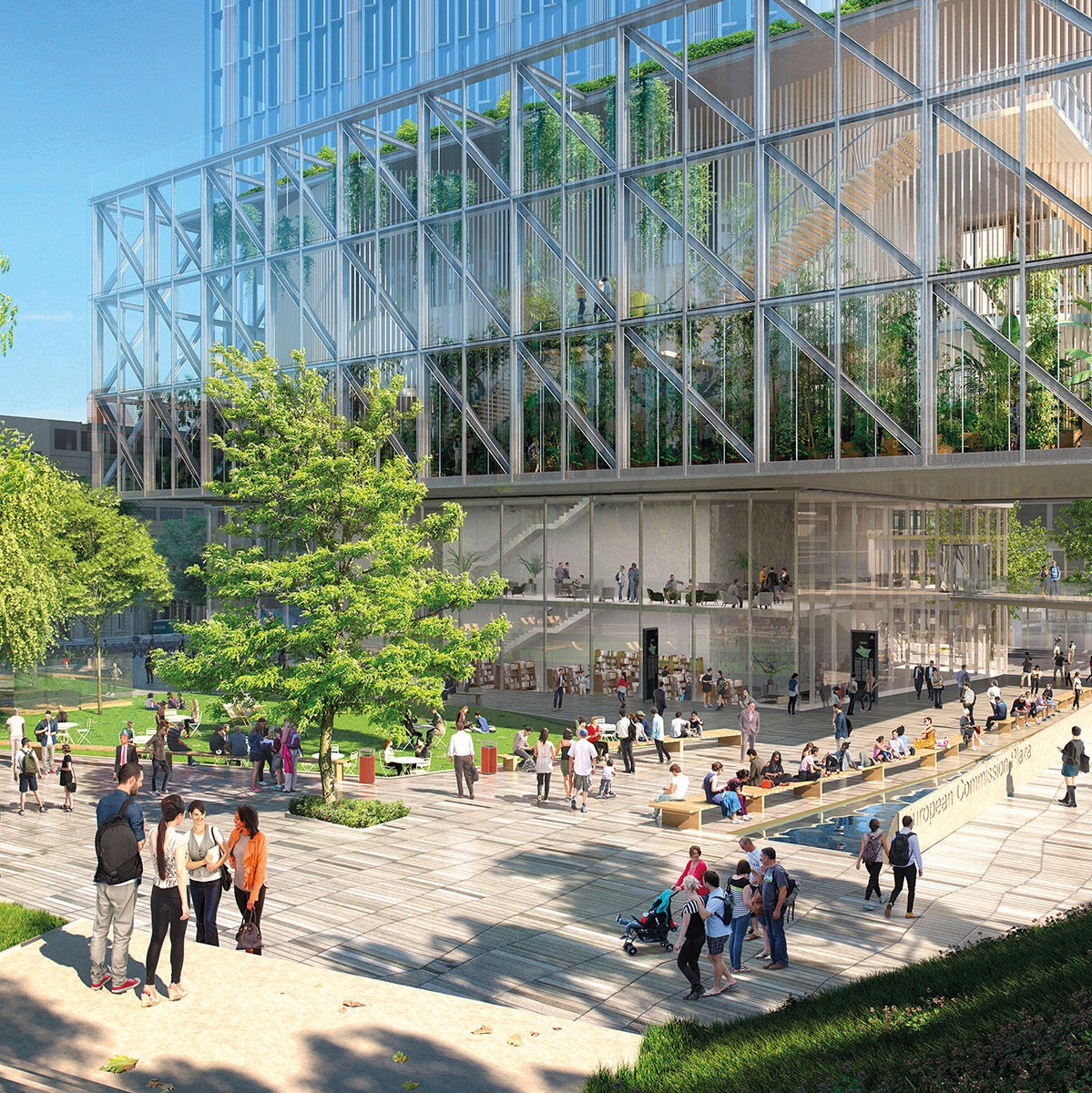To provide the best experiences, we use technologies like cookies to store and/or access device information. Consenting to these technologies will allow us to process data such as browsing behaviour or unique IDs on this site. Not consenting or withdrawing consent, may adversely affect certain features and functions.
The technical storage or access is strictly necessary for the legitimate purpose of enabling the use of a specific service explicitly requested by the subscriber or user, or for the sole purpose of carrying out the transmission of a communication over an electronic communications network.
The technical storage or access is necessary for the legitimate purpose of storing preferences that are not requested by the subscriber or user.
The technical storage or access that is used exclusively for statistical purposes.
The technical storage or access that is used exclusively for anonymous statistical purposes. Without a subpoena, voluntary compliance on the part of your Internet Service Provider, or additional records from a third party, information stored or retrieved for this purpose alone cannot usually be used to identify you.
The technical storage or access is required to create user profiles to send advertising, or to track the user on a website or across several websites for similar marketing purposes.
 A new study, published in the journal Organizational Science and authored by researchers from the University of California-Santa Barbara (UCSB) suggests that employees who are physically present in the office are seen as more committed, more productive, and harder working than colleagues who work away from the office. According to the study of two major blue chip organisations, perceptions of hard work and commitment translate to greater career opportunities including promotions that are not as readily available for remote workers. (more…)
A new study, published in the journal Organizational Science and authored by researchers from the University of California-Santa Barbara (UCSB) suggests that employees who are physically present in the office are seen as more committed, more productive, and harder working than colleagues who work away from the office. According to the study of two major blue chip organisations, perceptions of hard work and commitment translate to greater career opportunities including promotions that are not as readily available for remote workers. (more…)


































July 22, 2019
Problems with noise at work? A lot of it is in our heads 0
by Anna King • Comment, Wellbeing, Workplace design
(more…)